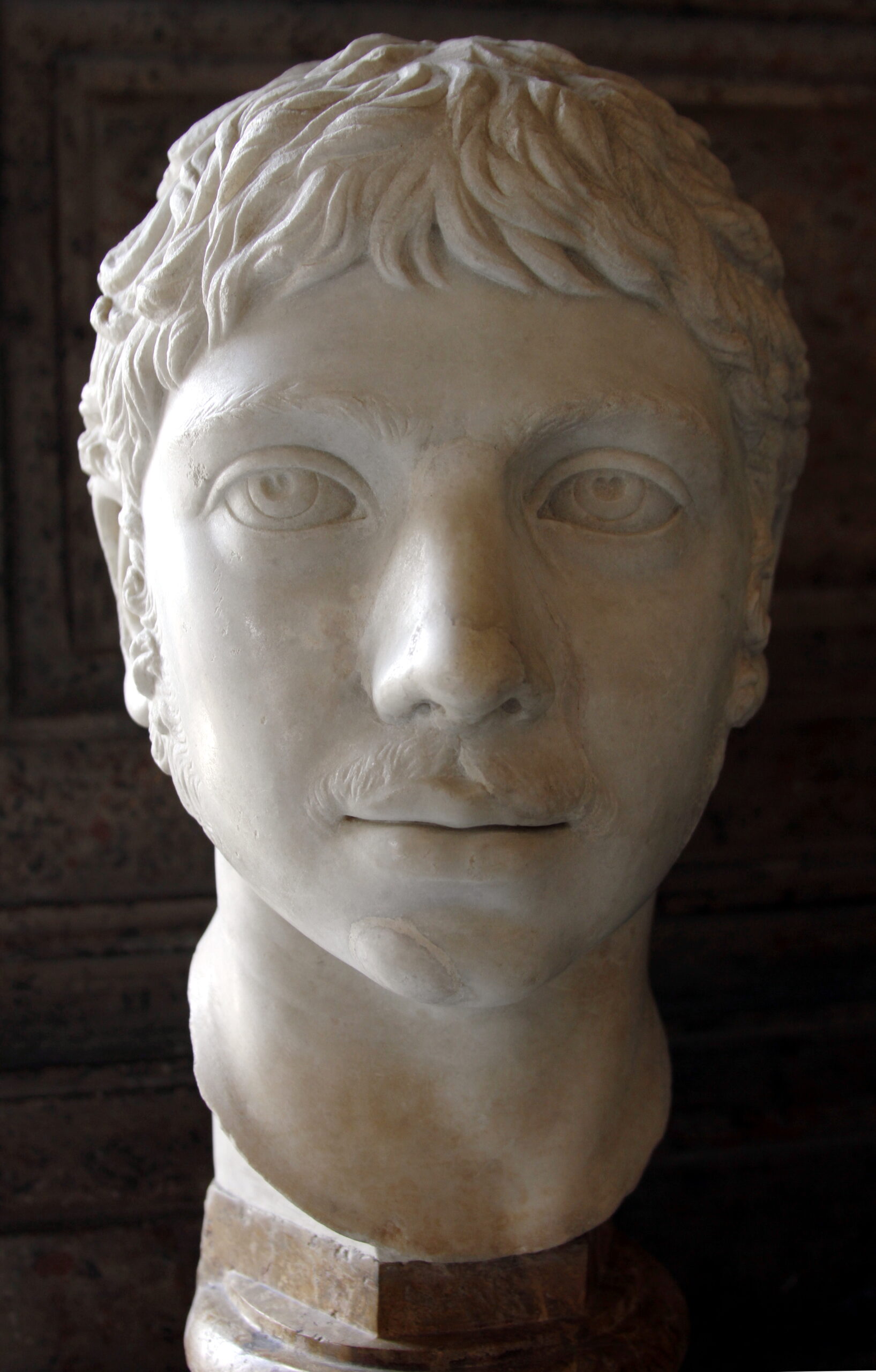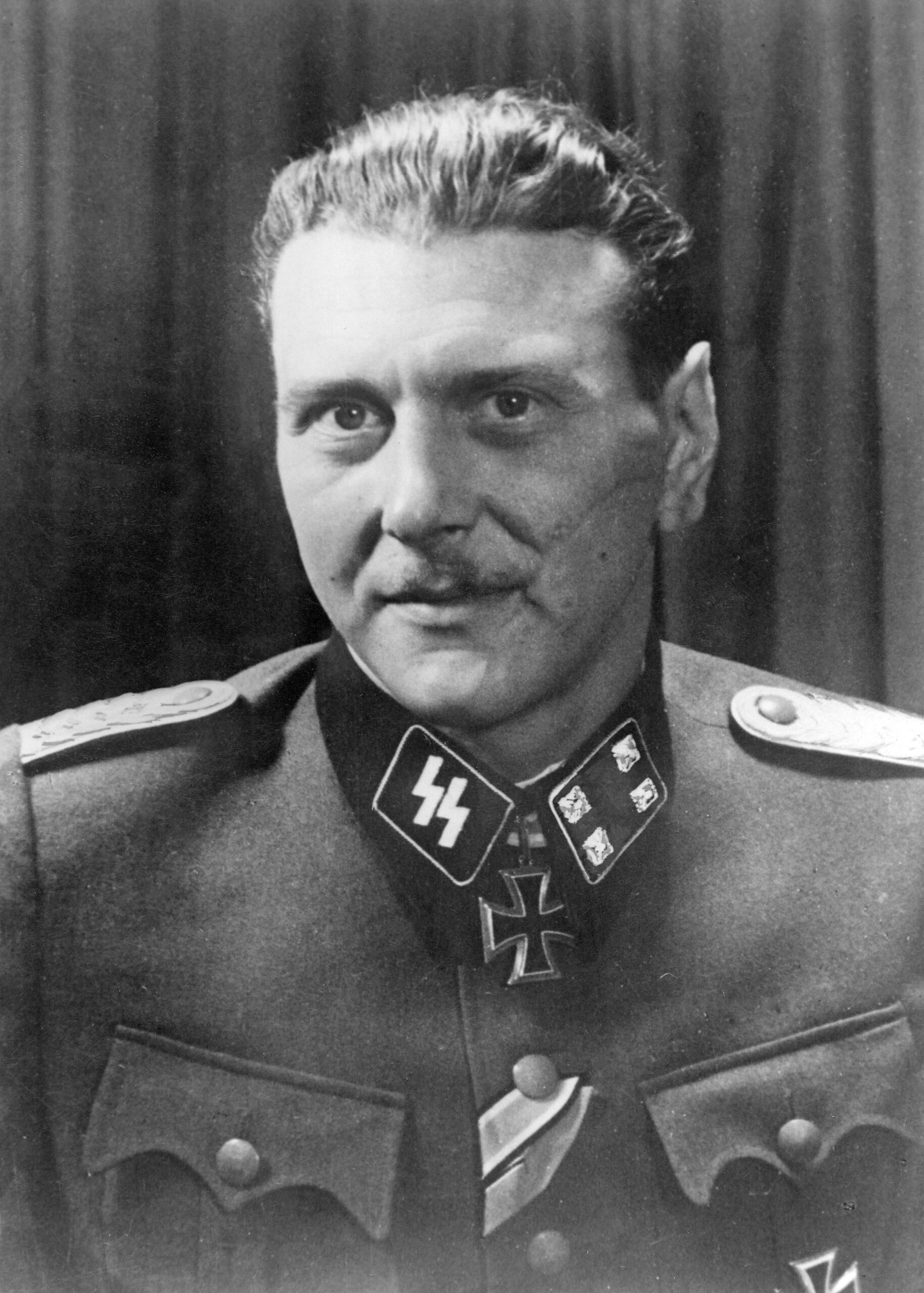Howard Robards Hughes, Jr., an enigmatic figure in American history, was a billionaire industrialist, aviator, and playboy whose legacy has left an indelible mark on popular culture. Known for his larger-than-life persona and flamboyant lifestyle, Hughes captivated the world with his tabloid-worthy exploits and his impact on various industries.
Hughes was born on September 24, 1905, in Houston, Texas, to Howard Robards Hughes Sr., a prosperous businessman and prominent capitalist who founded Hughes Tool Company. From an early age, Hughes showed a keen interest in mechanics and engineering, and his father recognized his son’s potential, providing him with the resources he needed to pursue his passions.
Hughes earned his mechanical engineering degree from the Massachusetts Institute of Technology (MIT) in 1925 at the age of 19. After graduation, he returned to Houston and joined his father’s company, where he introduced several revolutionary innovations, such as the rotary drill bit, which significantly increased oil production in the surrounding territories, propelling Hughes Tool to become one of the largest oil-field services companies in the world.
Apart from his business acumen, Hughes had a fascination for aviation since childhood. His father gifted him his first aircraft when he was just 15 years old, and Hughes went on to become a renowned pilot, pushing the boundaries of aviation by setting world records and breaking long-held aviation notions. His most notable achievement was in 1932, when he set a new world record by flying a commercially available aircraft, the Lockheed Sirius, over 1,000 miles in 11 hours and 3 minutes, which earned him a $25,000 prize.
Hughes’ love for aviation culminated in his acquisition of Transcontinental Air Transport (TAT) in 1930, which later became known as TWA (Trans World Airlines). Hughes’ innovative ideas transformed the commercial aviation industry, leading to the birth of the first-ever commercial airline, which played a significant role in connecting America’s coasts. He produced and directed several aviation-themed films, including Hell’s Angels, which is considered the first “blockbuster” film in Hollywood history, based on elaborate and expensive aviation scenes displayed during aerial dogfights.
Hughes’ interests in Hollywood extended further than just filmmaking. He owned stakes in several studios such as RKO Pictures, Caddo Productions, and Hal Roach Studios. In addition to this, Hughes was reportedly romantically involved with several Hollywood actresses, including Katharine Hepburn, Ava Gardner, and Jane Russell.
However, Hughes’ personal life was far from ideal. Struggling with severe germaphobia, a paranoid personality disorder, and obsessive-compulsive disorder, Hughes became increasingly reclusive. He was prone to wearing gloves, sometimes even latex gloves, inside his homes, and even tissue boxes on his feet to avoid contact with the ground. His mental health issues worsened following a near-fatal plane crash in 1946, which left him in constant pain and dependent on medication.
In the late 1960s, Hughes resigned as the head of his corporations, and his physical and mental health issues deteriorated further. His returns grew shorter, and he became a virtual shut-in, confined to hotel rooms, where he would urinate in bottles and perform other bodily functions inside his rooms rather than risk going to the bathroom. He died in 1976 in the Bahamas’ Sky Villa, weighing just 90 pounds, at the age of 70.
Despite his rather disturbing latter years, Hughes left a lasting impact on American society. His innovations in the aviation industry transformed commercial aviation, laying the foundation for modern air travel. His contributions to film and television played a pivotal role in shaping popular culture, and his financial prowess influenced the industrial landscape of America, paving the way for future capitalists.
In popular culture, Hughes continues to inspire contemporary authors and artists. Stan Lee, the renowned comic creator, drew inspiration from Hughes to create the iconic character Iron Man. Tony Stark, the character’s alter ego, is based on Hughes, and his father is named Howard, as a nod to Hughes.
In conclusion, Howard Hughes was a visionary thinker, a formidable entrepreneur, and a larger-than-life figure in American history. His contributions to industry, aviation, and Hollywood were trailblazing, and his influence continues to be felt today. Although his later years were plagued by physical and mental health issues, his legacy shines through time, making him a symbol of both innovation and mystery.



